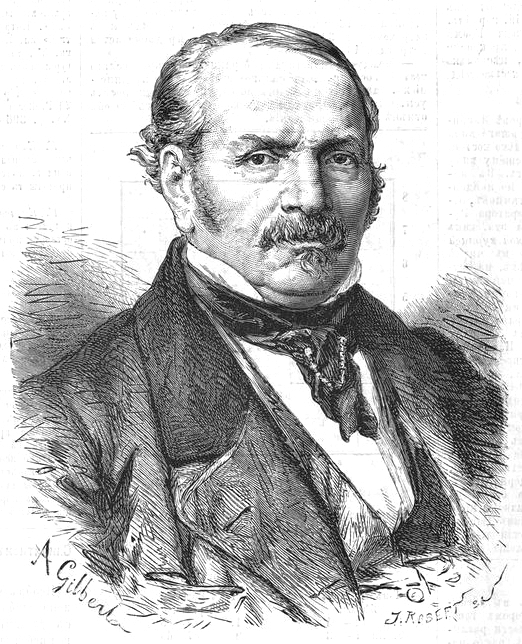
in the magazine L'Illustration in 1869.
What is Spiritism?
Here's a question that is so benign and natural that it's often the first thing we hear from newcomers. And yet, it's far from a simple one. In fact, many of us, veteran spiritist practitioners, quite often struggle to answer this one. The reason is quite simple. We all learn by comparison. We all have embedded within ourselves classifications, comparisons, and references that we use to learn new concepts. And I don’t think we have a good reference for Spiritism. Let’s see why. The first aspect comes naturally.
Is Spiritism a religion?
Well, yes and no! It depends what you mean by religion. What? Well, if you mean organized religion, Spiritism is not a religion. You cannot get married or baptized at a Spiritist Group (or center). Yes, we do not use the word church or temple. More on that later. Spiritism does not include formal priesthood, no gurus or spiritual leaders. In fact, there is no formal hierarchy. There are geographic organizations like state and countrywide federations, but they do not have power over Spiritist groups. They just represent them. There are administrative leaders of each group, but they are that, not spiritual leaders. Quite often they are the ones that need the most spiritual help, and this joke is on me! That rules out the formal definition of religion. But, if you dig out the meaning of the word religion, you may find that it means to establish a connection with the Divine. A connection with God if you will. That's something Spiritism is all about. Then, Spiritism is a religion! Confused? Hopefully not. In fact, when we define Spiritism, we often use a triad: Science, Philosophy, and Religion. Let's start with the first element.
Why would Spiritism be a science?
Of course, Spiritism wouldn't be a hard science like Physics or Chemistry, simply because Spiritism studies the human spirit, something hard sciences don't even consider exist. Hard sciences operate over matter or unconscious elements. Those are elements that fit well into an experimental exploratory model. By experimenting, we can reliably determine their behavior. Like if we create a magnetic field and move a copper wire ring within in, we'll create an electric current of a certain intensity. That happens every time the same way. Maxwell discovered the equations that map magnetism about two centuries ago, and they are the basis of our modern society. Now, try to run experiments with human beings!! Whole different game. People have minds that are simply unique. In a way, humans are individually unpredictable.
Spiritism is a science of observation. By applying reason to natural behaviors, daily events and mostly a deep analyses of oneself, spiritists learn about themselves and the universe that surrounds us. That approach leads to a "non-mystical" view of the universe. According to Spiritism, there are no mysteries in our universe. There are just laws that we do not understand yet. The same way gravity is a law of nature Newton was first able to uncover mathematically, spirituality is a part of the same universe, so there must be laws that regulate it unequivocally. Of course, for us, those laws are the manifestation of God, but that is secondary. Even if you don’t understand, or for some reason you are not comfortable with the concept of God, studying and understanding those “spiritual laws” will greatly benefit you anyway. The last aspect we haven’t touch yet is philosophy.
Above all, what is the point of understanding something if we cannot somehow apply that knowledge to our lives? When it comes to spirituality, understanding it is just the beginning. I may be comfortable about the idea that humans are truly spiritual beings going through a somewhat short experience in the flesh. But if that doesn’t change the way I live my life, the work is not done. Arguably the work may not have even started. If I am a spiritual person, but that doesn’t make me more compassionate, more tolerant, more willing to work towards overall progress, the inner transformation is still in the aspirational phase. I hope these words made you curious about Spiritism.
What could you do next:
- Read The Spirits’ Book: This is where everything started. Written in a question and answers style, this book lays down the foundations of Spiritism. We hold periodic study groups in this book. Check it out!
- Come and visit one of our meetings: The Tuesdays’ therapeutic meeting is the ideal meeting for a visit. Happens every Tuesday at 7 pm (unless major holidays). Check our meetings page.
- Subscribe to our email distribution list: Get periodic news from our group
Hope to see you soon!
